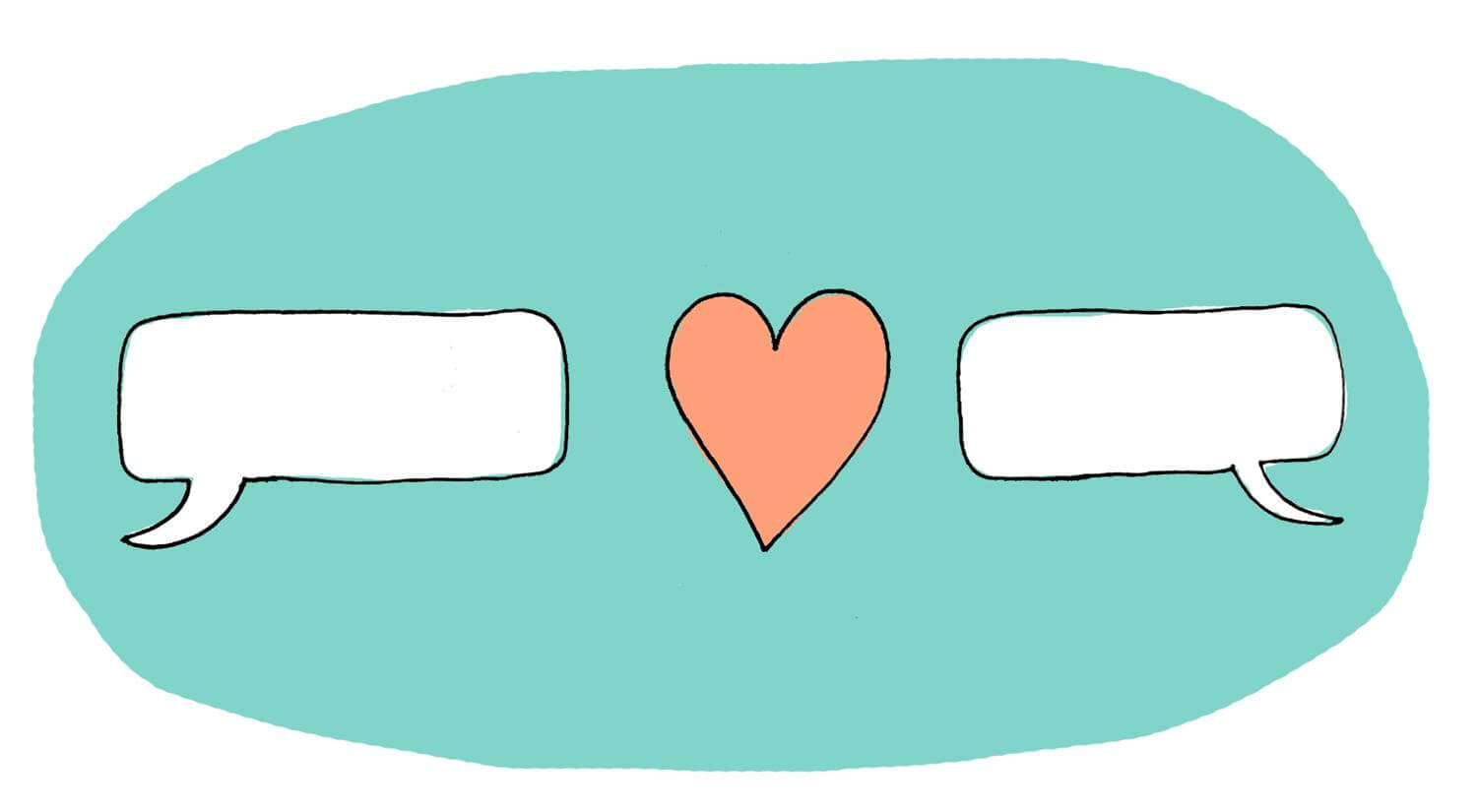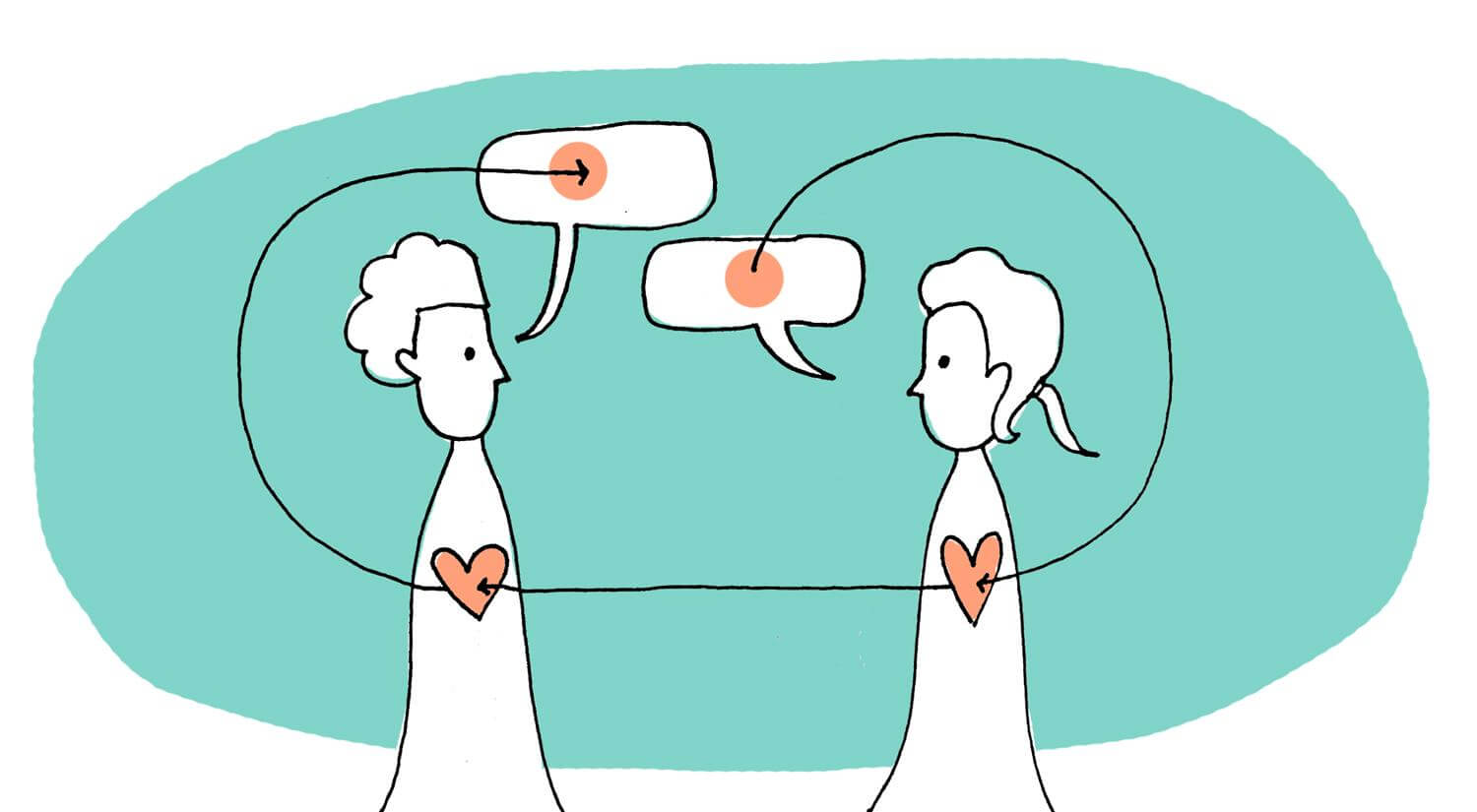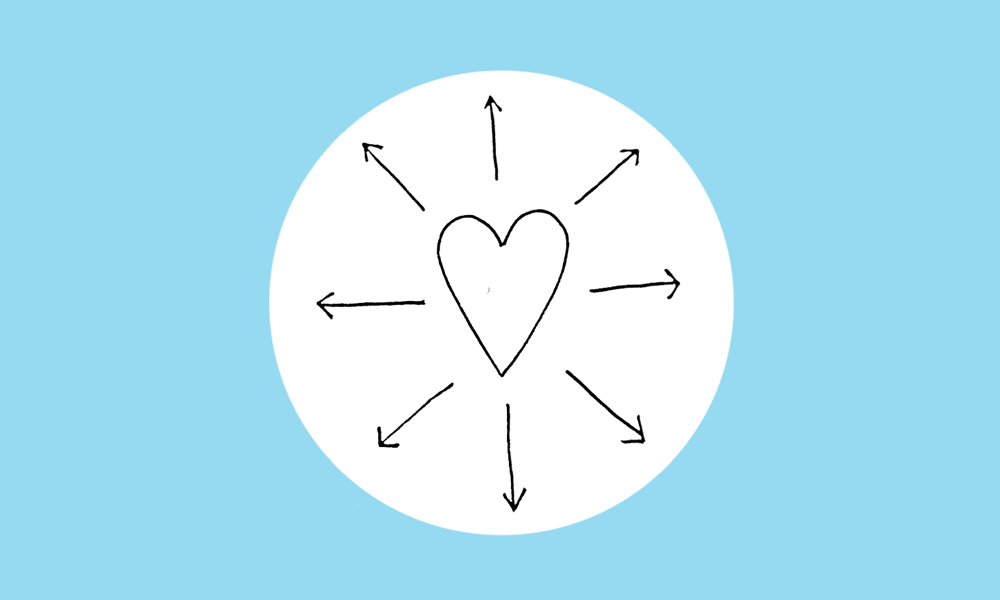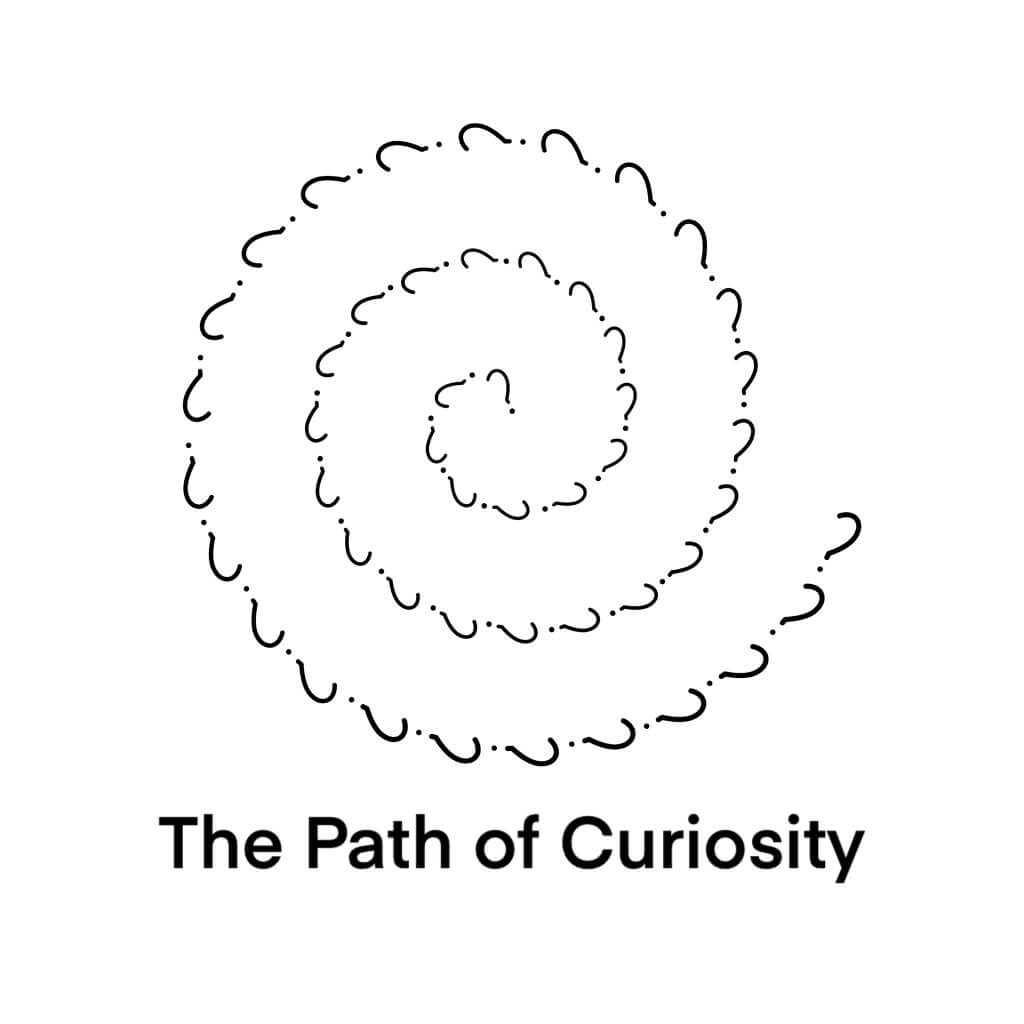A couple of years ago, I was in a major transition point in my life. I was preparing to leave monastic training, and was uncertain what would come next.
Part of my plan was simply to have lots of conversations with different people, and to see what came of it. I was curious about what was happening in the world, what people in my network were up to, what I might learn from them, and what projects or collaborations or opportunities might come from those conversations.

I realized that if I was going to go to the effort of having a lot of conversations with interesting people, that I might as well record those conversations and share them with others—in other words, to start a podcast. I couldn’t know for sure, but it seemed likely that a conversation that I found interesting or beneficial might be for someone else, too.
Recording and sharing my conversations has led me to believe that many, many more conversations should be recorded, and that many more conversations should be shared publicly when recorded: informal conversations between friends, meetings, coaching or therapy sessions, formal conversations with subject matter experts…. a variety of conversations are invaluable to record and share.
Recording is cheap, editing is annoying but easy, and the potential benefits of recording and sharing your conversations are high, albeit hard to predict in advance.
It can be unexpectedly valuable to record conversations with friends, colleagues, coaches and mentors. You won’t necessarily want to record every conversation you have, and you definitely won’t want to share every conversation you record, but being able to revisit and potentially share your conversations can be unexpectedly valuable.
I’ve been privileged to have many conversations that have changed my life. The idea that I could have more of those conversations, and share them with people, was very exciting.
I was partly inspired by Visa, who posts a lot of videos on his YouTube channel of him talking without editing—just talking at length about things he’s interested in or thinking about. I record these kinds of videos as well now, but I realized that something similar could be done with “podcasts”—that I didn’t need intro music or outro music or even to edit ums and ahs or silences out—I could just keep the conversations exactly as they were, without editing, and it would be less work for me and also more authentic (at least to my ears).
I was also inspired by my friends Malcolm Ocean, Sarah McManus, and Eric Chisholm. They had introduced me to the value of recording conversations when I met them—a practice they had adopted from the Liminal Space Agency in Waterloo—pointing out that you might want to review the conversations later or share them with others (with permission, of course). I spoke with Malcolm about this on my podcast.
Why Record and Share Your Conversations
Recording and sharing the conversations that you have provides a number of benefits.
For starters, you can revisit the conversations you have. It can be easy to forget exactly what happened in a conversation, especially if it was long, or if the participants were emotionally activated. Having them recorded and transcribed allows you to look back at them later.
You can remember specific points that were made, revisit tasks that were agreed upon, or notice the conversational dynamics that were present from a third person perspective.
Having a recording available is especially useful if the participants have differing memories or accounts of what exactly transpired. A recording makes it possible to objectively determine what was said or what exactly transpired in a conversation.

I’ve also found it practically useful to revisit conversations to hear the points made, or the precise words or phrases that were used. This can be useful for turning a conversation into a tweet or a longer form of writing. For example, I used a section of my conversation with my friend Jane Miller as the basis of part of my blog post on Boundaries.
You don’t have to, but recording a conversation makes it possible to share the conversation with others. It can be useful to share a conversation with not only the people who participated, but also other collaborators or friends you are connected to—or even more widely by sharing it in public.
Of course, you have to consider the privacy of the conversation, and make sure that the people who participated are ok with it being shared, but you never know who might find listening to your conversation valuable.
When you share your recorded conversations, it opens you up to new and deeper connections with your network the world at large. Having a podcast or a YouTube channel makes you more visible, opening you up to new, serendipitous opportunities.
How to Share Your Conversations
If you want to share your recordings publicly, you can do so very easily by recording a Zoom call, and then uploading the audio to Anchor, and/or uploading the video to YouTube. Zoom recordings work well because they’re so convenient, but you can use any audio or video file.
For videos, YouTube is great because you can keep them private, make them public, share them as unlisted videos—videos that are only accessible to people who have the URL.
It can also be valuable to share part of a video, either instead of or in addition to a whole conversation. I share exceptionally valuable excerpts from my video podcast in a dedicated playlist on YouTube.
I like to license my conversations with Creative Commons, which I use as often as possible for my projects. I want to benefit as many people as possible, and Creative Commons is a wonderful vehicle for enabling that. Depending on the license you pick, conversations can be redistributed, edited, remixed, or even sold.
Possible Concerns
Recording a conversation is easy, but editing and sharing it might seem confusing. For myself, I do as little editing as possible. Most of the time, I drag and drop the Zoom recording as is, without adding an introduction or removing silence or what have you.
I don’t want to waste time editing if I don’t have to. I want to record stuff and hit post the same day. My production quality is lower than other podcasts, but I can focus my time and energy on things I actually care about with the podcast—quality guests, quality questions, quality conversations—as well as totally different projects.
You might find it valuable to record your conversations, but be hesitant to share it with others, out of concern for your privacy. Of course, privacy is an important variable—not only for you, but for the people you’re speaking with. Use your discernment about what you want to share, and obviously, be sure that you have the consent of the people you’re speaking with to share the conversation.
You might also be hesitant to share it with others, for fear of wasting the people’s time. There’s so much good content out there already! If so, it’s considerate of you to want to not waste other people’s time, but no one has to listen to your conversation or read your blog post or browse your email newsletter.
Maybe that means that nobody will listen to your conversation if you record it. That’s very possible! But if people do end up listening to it, it probably means that it really resonated for them—that they were interested in learning more about you, or the person you were talking about, and the things you conversed about together. If you follow your own preferences for what you like when you create things, it’s more likely that the people who would resonate with your interests and your aesthetic preferences will find what you make and like it, too.
For myself, I wanted to do a video podcast, because I value being able to see a guest’s facial expressions and body language in a conversation. One hesitation that I had was that I wanted people to be able to watch the recordings at advanced speeds. I really love listening to podcasts or audiobooks at advanced speeds on my phone, and while you can do that with YouTube, the default interface only allows you to go up to 2x, whereas I can listen to podcasts or audiobooks at 3 or even 3.25x.
When I learned about the Video Speed Controller extension, which gives you the ability to watch YouTube videos at arbitrary speeds, it dissolved this particular obstacle for me, and I felt better about recording and sharing long conversations in a video format.

U might also enjoy reading my book on curiosity and learning, The Path of Curiosity.
Conclusion
If you’re having a valuable conversation, you might as well record it. You can decide whether you want to revisit it or share it later, but developing a habit of recording and possibly sharing conversations may be unexpectedly beneficial in the future.
The only metric of whether a conversation was good or not is whether you, the participants, enjoyed it or not. That’s all that matters.
That is a good thing in itself, to have a good conversation with someone else—a conversation that its participants enjoy is one that someone who chooses to listen to a recording of is likely to enjoy, too.
Thank you to Soryu Forall, Malcolm Ocean, Sarah McManus, Eric Chisholm, and Visa for showing me the value of recording and sharing conversations. Thank you to Loopy for suggesting I write this post. Thank you to Eric Chisholm and Malcolm Ocean for reviewing this post and providing feedback.
The art in this post was created by Sílvia Bastos, and is licensed under a CC BY 2.0 license. You can support her work on Patreon.

